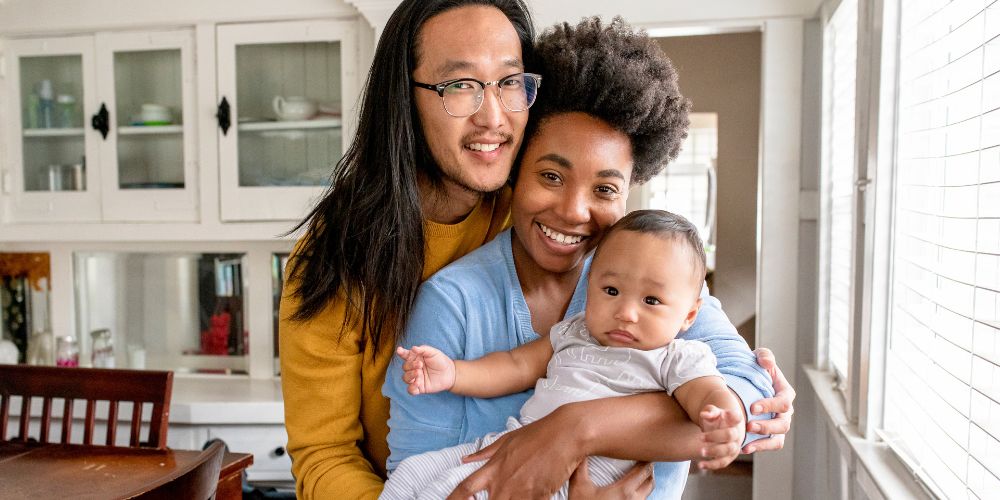Can You Foster Only Babies? Understanding Age Preferences in Foster Care
Foster care is a life-changing experience, offering children a chance at safety, stability, and love. As a potential foster parent, it’s natural to have preferences regarding the age of the child you care for. Many people prefer to foster babies, wanting to provide a fresh start for a child from the very beginning of their lives. However, it’s important to understand that the foster care system often involves children of all ages, including teens and tweens, and they need just as much love and support as younger children.
The Challenge of Age Preferences
It’s not uncommon for parents to specify age ranges when seeking foster placements. The idea of nurturing a baby, watching them grow and develop, can feel rewarding. Many parents enter foster care with a desire to guide a young child through their early years, helping to shape their worldview and support their development. However, the reality is that fostering isn’t always predictable, and you might be asked to take in children who are older than your preferred age.
This can be especially challenging when you’ve signed up to foster babies, only to find that the child placed in your care is in their teens. At this stage of life, teens often require a different kind of care and attention. If you’re not ready or willing to offer the same level of support, it can cause frustration for both the child and the foster parent. While it’s perfectly fine to want to foster babies, it’s crucial to understand that foster care isn’t a short-term commitment—it’s about providing stability, guidance, and love for as long as a child needs.
Growing With the Child
Fostering a child through their formative years often means being there for their emotional and developmental milestones, and sometimes, it means fostering them as they grow into a teen. The reality is that children in foster care can stay with a foster family for many years. The average stay in foster care is 20 months, but it can be much longer depending on the child’s situation. This means that if you choose to foster a baby, you are also making a long-term commitment to support them through their teen years, and potentially beyond.
For those parents who feel they can’t continue fostering once a child reaches adolescence, it’s important to recognize the emotional damage this can cause. Teens and tweens in foster care often have complex backgrounds, with deep-rooted trauma and a history of instability. When foster parents drop out of the child’s life during their teen years, it reinforces feelings of abandonment and can make it even harder for the child to trust others in the future.
If you’re considering fostering a baby but feel unsure about fostering older children, it’s important to ask yourself if you are ready for the long-term responsibility of seeing that child through their adolescence. If you think you can’t grow with the child, respite care could be an option. This allows you to offer support without committing to a long-term placement.
The Need for Parents Willing to Foster Older Children is Huge
While fostering babies is undeniably important, it’s equally crucial to recognize the significant need for homes for teens and tweens. According to data from the Adoption and Foster Care Analysis and Reporting System (AFCARS), about 27% of the 350,000+ kids in foster care are 13-17 years old, and 22% are 11-15 years old. This is a large portion of the foster care population, yet many foster parents are hesitant to take in older children due to the challenges they present.
Teens in foster care have often experienced trauma that requires specialized care. They may struggle with behavioral issues, trust issues, or difficulty forming lasting relationships. But what they need most is someone who can see beyond their behavior and offer them the love and stability they deserve. Older children need foster homes just as much as younger ones, and they can thrive with the right support.
Conclusion
It’s completely fine to have a preference for fostering babies, but it’s important to understand that children of all ages in foster care need loving homes. Teens and tweens represent a large portion of the foster care population, and they need the same level of care, compassion, and commitment. If you’re considering fostering, it’s essential to be open to the possibility of fostering older children, even if they aren’t your first choice. If you don’t feel you can take on the long-term responsibility of fostering a teen, respite care might be a better option for you. Ultimately, every child in foster care deserves a safe, loving environment to help them heal and grow, no matter their age.

